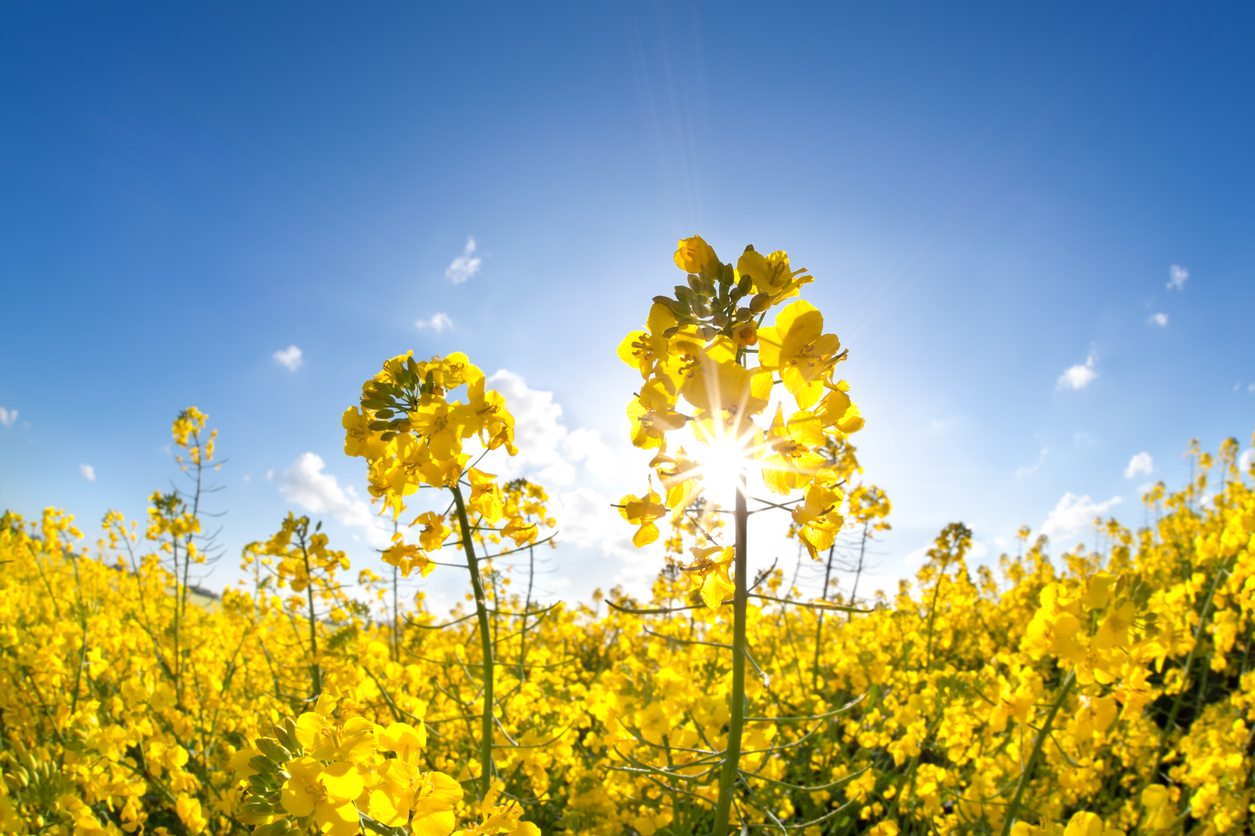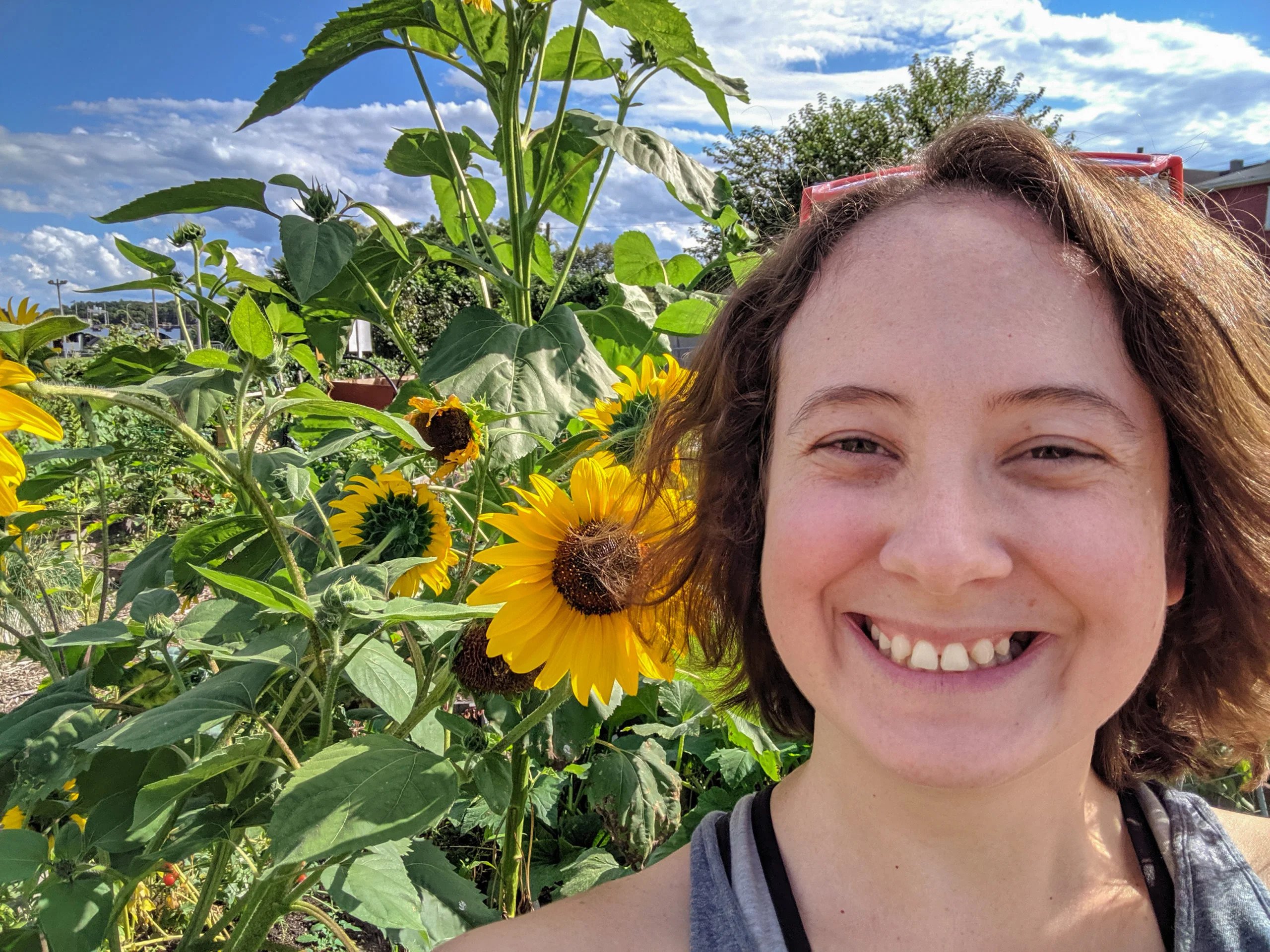What Is Rapeseed: Information About Rapeseed Benefits And History


Sign up for the Gardening Know How newsletter today and receive a free copy of our e-book "How to Grow Delicious Tomatoes".
You are now subscribed
Your newsletter sign-up was successful
While they have a very unfortunate name, rape plants are widely grown the world over for their extremely fatty seeds that are used both for nutritious animal feed and for oil. Keep reading to learn more about rapeseed benefits and growing rape plants in the garden.
Rapeseed Information
What is rapeseed? Rape plants (Brassica napus) are members of the brassica family, which means they’re closely related to mustard, kale, and cabbage. Like all brassicas, they are cool weather crops, and growing rape plants in the spring or autumn is preferable. The plants are very forgiving and will grow in a wide range of soil qualities as long as it is well-draining. They will grow well in acidic, neutral, and alkaline soils. They will even tolerate salt.
Rapeseed Benefits
Rape plants are almost always grown for their seeds, which contain a very high percentage of oil. Once harvested, the seeds can be pressed and used for cooking oil or non-edible oils, such as lubricants and biofuels. The plants harvested for their oil are annuals. There are also biennial plants that are mainly grown as feed for animals. Because of the high fat content, biennial rape plants make an excellent feed and is often used as forage.
Rapeseed vs. Canola Oil
While the words rapeseed and canola are sometimes used interchangeably, they are not quite the same thing. While they belong to the same species, canola is a specific cultivar of the rape plant that is grown to produce food grade oil. Not all varieties of rapeseed are edible for humans due to the presence of erucic acid, which is especially low in canola varieties. The name “canola” was actually registered in 1973 when it was developed as an alternative to rapeseed for edible oil.
Sign up for the Gardening Know How newsletter today and receive a free copy of our e-book "How to Grow Delicious Tomatoes".

The only child of a horticulturist and an English teacher, Liz Baessler was destined to become a gardening editor. She has been with Gardening Know how since 2015, and a Senior Editor since 2020. She holds a BA in English from Brandeis University and an MA in English from the University of Geneva, Switzerland. After years of gardening in containers and community garden plots, she finally has a backyard of her own, which she is systematically filling with vegetables and flowers.